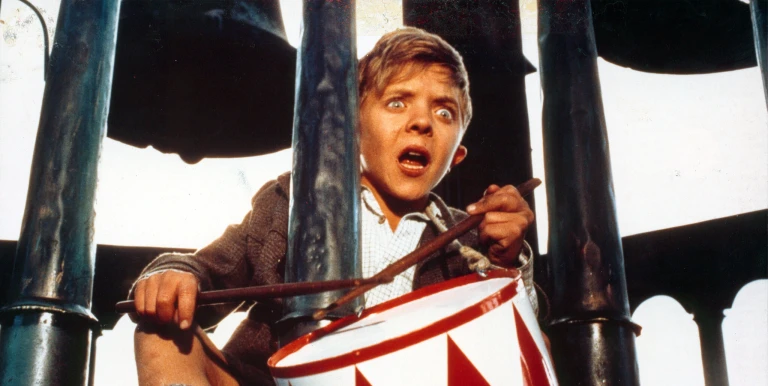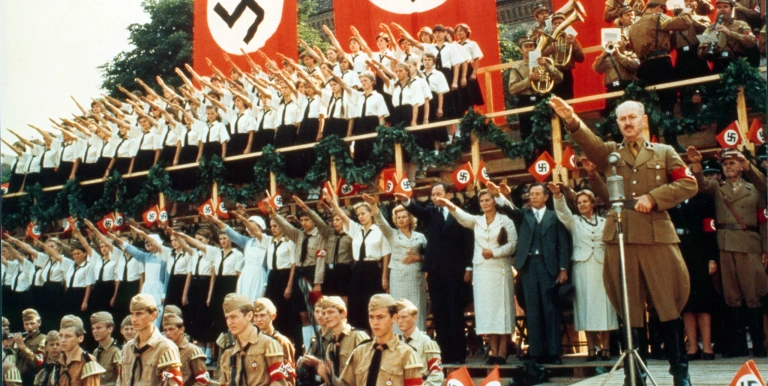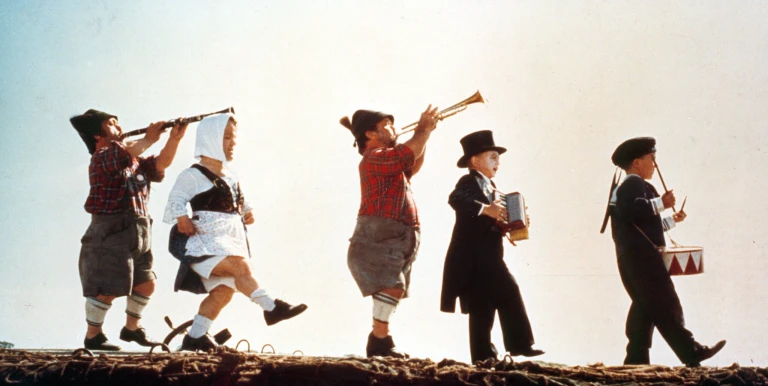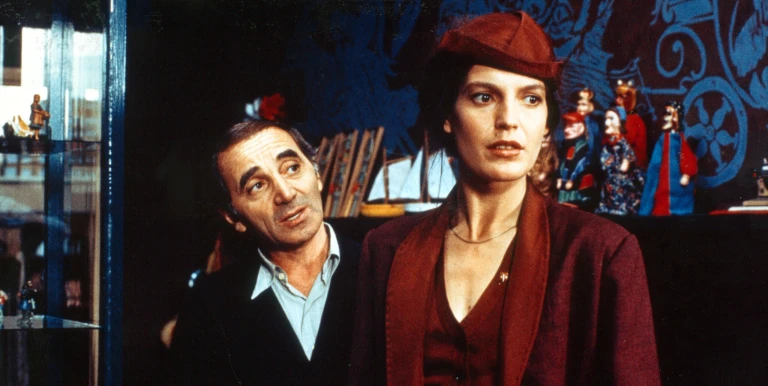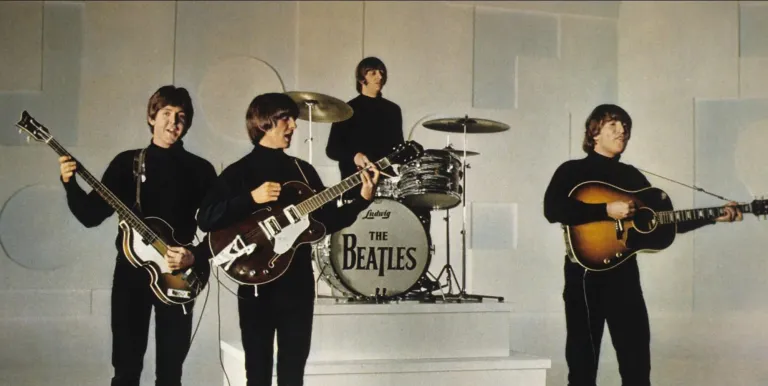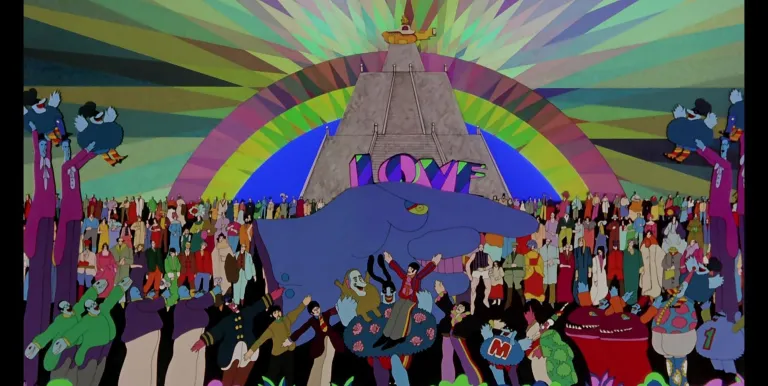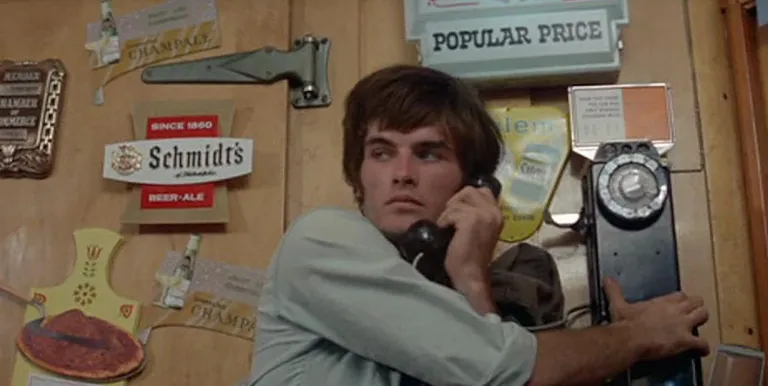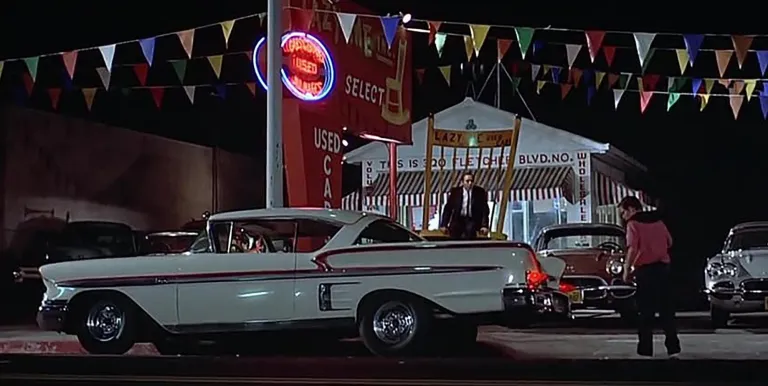Creator:
Featuring:
Wicked, ironic and shocking. Schlöndorff adapted Günter Grass's 1959 novel into a film, but in the two decades that had passed since the novel was published - as well as the four decades that have passed since the film was released - the ideas in the work have remained undissipated. A film told through a child's eyes. Although quite a few of these have been made, Oskar Matzerath, the main character of The Tin Drum, stands out from the crowd as his observations of the world from below are coupled with the power and possibility of magically changing it. At the age of three, little Oskar decides not to grow up any more, but instead intervenes in the course of events - with his devastating scream and, if necessary, by means of his dwarfish devilishness. This is one of the toughest works in New German Cinema we are dealing with.
One can look at it as a family novel, or as a murderous satire, but taken from another perspective, it is about German history, European history. The creators of New German Cinema find new ways to ask the question of what it means to be German in the 20th century. What is this legacy that cannot be renounced? It is clear that the issues of the so-called "Great” War, and then World War II, are unavoidable - not to mention the Third Reich. The Tin Drum, however, is built from human stories. From these unfolds the family novel, and through them the disintegration of the world becomes survivable. The situation was easier when the horror could be reduced to the world war. It's always easier if Evil can be painted or sculpted. The formula here is more complicated. Because, for example, we also have to think about - see the mysterious story of Kaspar Hauser - how little Oskar, who refuses to grow up, is actually refusing to be raised. And a refusal to grow up is also a refusal to become an adult and assume take responsibility. Schlöndorff's work won a number of important accolades, including the 1980 Oscar for Best Foreign Language Film. Perhaps because even though little Oskar passes judgement on people, destinies, and the world in his own way, The Tin Drum leaves all this to the viewers to decide.
In German, with Hungarian subtitles.
The discussions before and after the screening will be conducted in Hungarian.
Presented by: Müpa Budapest
-
We wish to inform you that in the event that Müpa Budapest's underground garage and outdoor car park are operating at full capacity, it is advisable to plan for increased waiting times when you arrive. In order to avoid this, we recommend that you depart for our events in time, so that you you can find the ideal parking spot quickly and smoothly and arrive for our performance in comfort. The Müpa Budapest underground garage gates will be operated by an automatic number plate recognition system. Parking is free of charge for visitors with tickets to any of our paid performances on that given day. The detailed parking policy of Müpa Budapest is available here.

